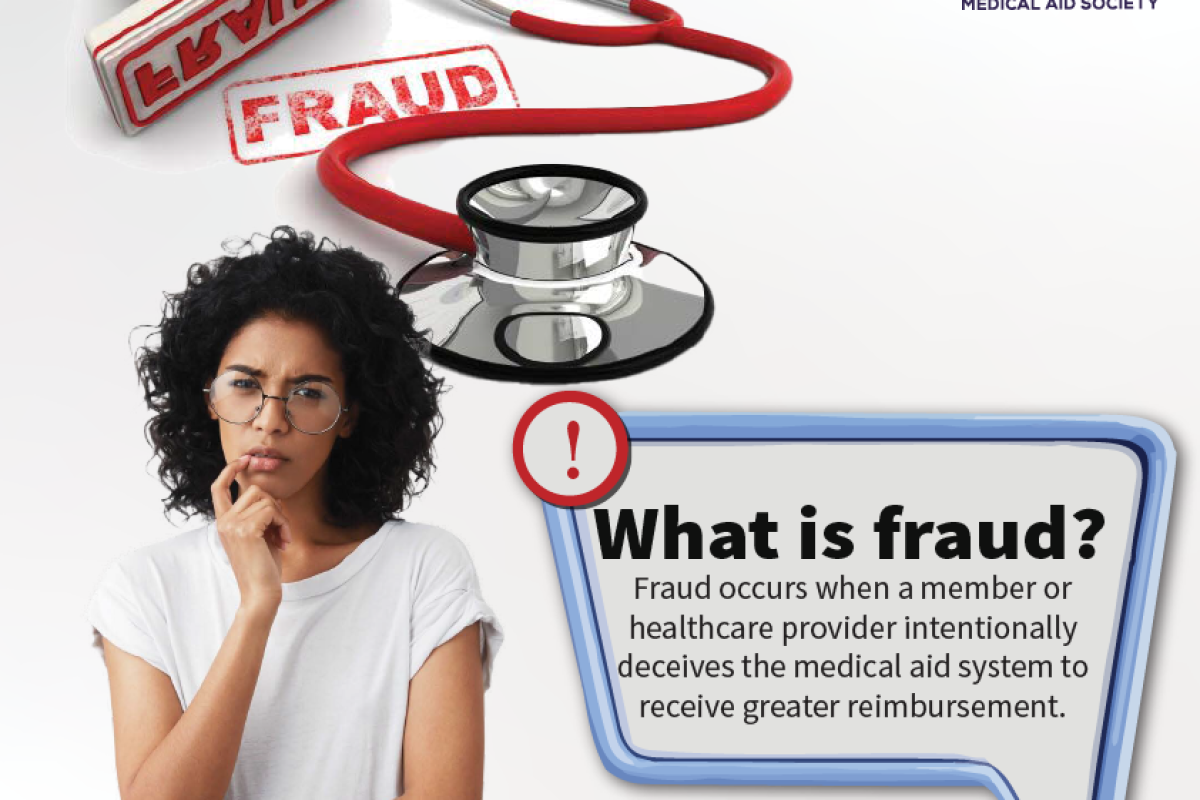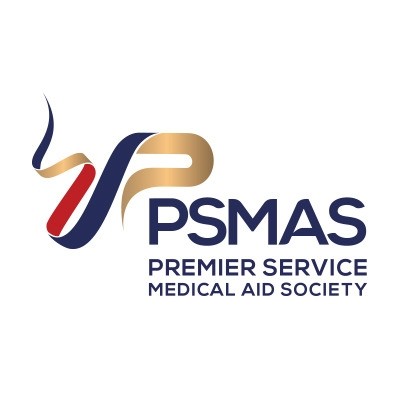SAFEGUARDING THE FUND
As we have previously discussed, understanding how medical aid works is crucial. The healthier our Fund is, the more sustainable it becomes not just for you, but for generations to come. In this article, we focus on the role each individual member plays in safeguarding the Fund and their own member benefits.
How Member Limits Are Determined
Every member has an annual benefit limit, which represents the amount of medical expenses that can be covered by the Fund each year. These limits are carefully calculated using actuarial data, based on factors such as average visits to healthcare practitioners and the cost of common medical services. For example, a woman typically only experiences one full pregnancy per year, so the maternity cover is set to cover one delivery. The specific limit a member receives depends on the monthly contributions they make to the Fund.
Your benefit allocation is designed to cover essential healthcare needs. However, members sometimes unknowingly or knowingly deplete these limits through fraud, waste, and abuse—all of which can negatively impact the Fund’s long-term sustainability. Below, we break down each of these issues.
Fraud: A Deceptive Practice
Fraud occurs when a member or healthcare provider intentionally deceives the medical aid system to receive greater reimbursement. Common examples include:
- False claims: A healthcare provider may submit claims for services that were not actually provided.
- Card fraud: This occurs when a registered member allows a non-registered individual (such as a friend or relative) to use their membership card to receive medical services. This is often done in collusion with the service provider.
- Falsifying claims: If a member knowingly signs a medical claim form for services that were never rendered, they become an accomplice to fraud.
- Non-medical claims: Members may take non-medical items from a pharmacy and claim them on the medical aid, which constitutes fraud.
Fraud not only puts the financial health of the Fund at risk but also depletes resources that should be available to those who need them most.
Waste: Inefficient Use of Resources
Waste refers to using medical benefits in a manner that is inefficient, excessive, or unnecessary. Some common examples of wasteful behavior include:
- Overuse of specialist services: For instance, visiting a specialist when a general practitioner (GP) could have managed the issue at a lower cost. Specialists often charge more than GPs, and unnecessary visits to specialist clinics drive up the costs for the Fund.
- Non-urgent use of emergency rooms: Emergency rooms (ERs) are meant for urgent, life-threatening conditions. Yet, some individuals visit the ER for minor ailments like a routine blood pressure check or a cold. These visits incur much higher costs than seeing a GP.
- Failure to follow the referral system: Zimbabwe’s healthcare system operates on a clear referral system. GPs are trained to treat patients at the primary level and refer them to specialists only when needed. Misusing this system, such as bypassing a GP to directly see a specialist or visiting emergency rooms unnecessarily, results in waste and escalates the cost to the Fund.
It’s also important to note that over-servicing by healthcare providers, where patients are given unnecessary treatments or excessive tests, contributes significantly to waste. Examples include:
- Repeated check-ups for minor or self-limiting conditions.
- Ordering unnecessary laboratory tests, such as blood tests for the common cold.
- Treating the whole family when only one member is sick (e.g., treating everyone in the family for flu when only one person has symptoms).
- Referring patients to the provider’s own facilities, such as laboratories or radiology services, when unnecessary.
The Impact of Fraud and Waste on the Fund
Fraud and waste lead to unnecessary financial strain on the Fund, reducing the resources available for other members who need medical assistance. Moreover, if members continuously misuse their benefits, they risk exhausting their annual limits prematurely. This could leave them without coverage for more serious, unforeseen medical needs later in the year.
For example, frequent visits to the ER for minor issues or overuse of specialist services can quickly deplete hospital benefits, leaving members unable to cover the costs of a real emergency, such as an accident or unexpected hospitalization.
What You Can Do as a Member
As a member, you have a crucial role to play in safeguarding your benefits and ensuring the Fund remains sustainable. Here’s how:
- Be aware of your benefits and limits: Understand what your medical aid plan covers and be mindful of how often you access medical services.
- Follow the referral system: Always consult your GP first for non-urgent conditions. If necessary, they will refer you to a relevant specialist.
For any feedback and clarification regarding information shared on this platform, email: communications@psmas.co.zw













